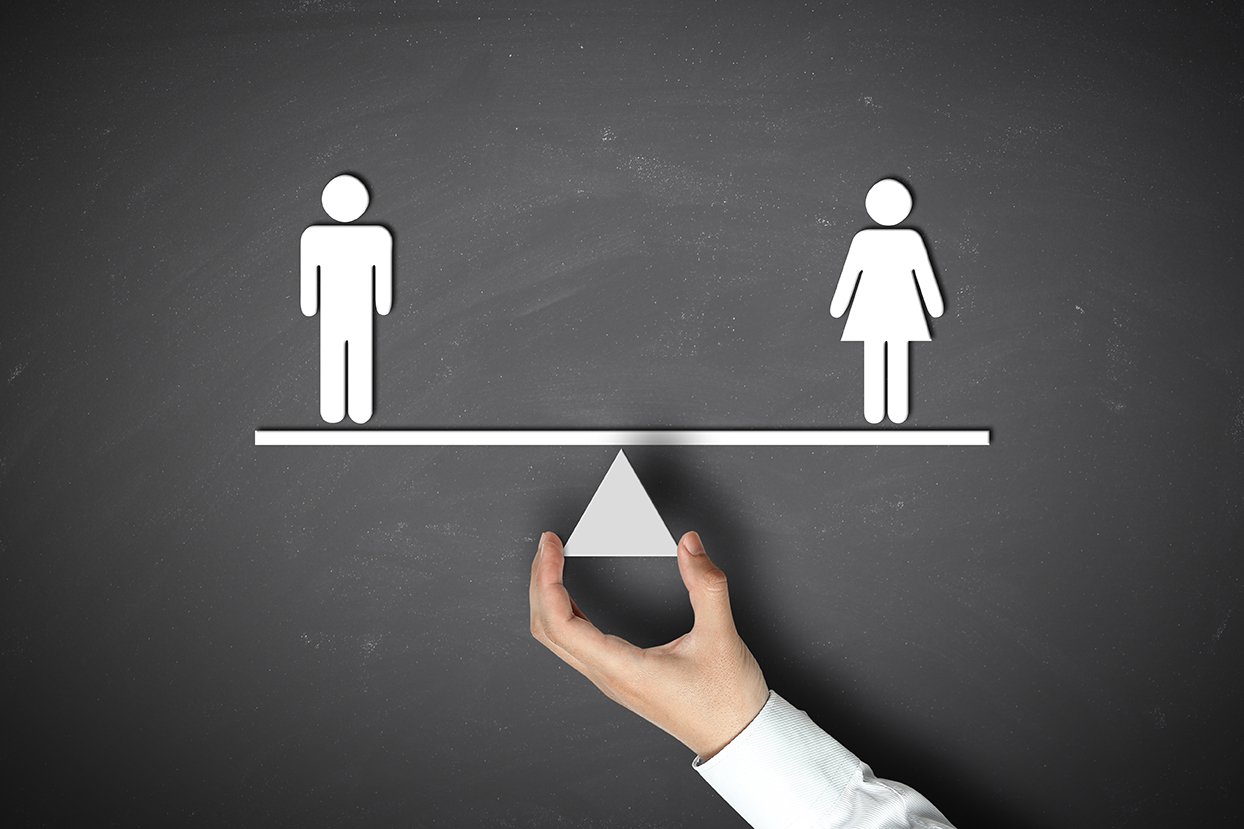Does a paternity test really stand to empower one gender more than the other? According to a popular and controversial article by Melanie McDonagh, paternity tests were devised to disrupt the balance of power between the sexes.
We believe that paternity tests actually help support gender equality by imparting the same knowledge to both members of the opposite sex. And while some may argue that they put either men or women in a position of disadvantage, we feel nothing could be farther from the truth.
Here are five ways we believe paternity tests promote equality between both men and women:
1. Paternity tests promote gender equality through certainty
According to the article by Melanie McDonagh: ‘For the entire course of human history, men have nursed profound, troubling doubts about the fundamental question of whether or not they were fathers to their own children; women, by contrast, usually enjoyed a reasonable level of certainty about the matter.’
True gender equality would require both men and women to share the same level of certainty. And when both sexes work together by each submitting DNA samples for a paternity test, they can rest easy knowing the test results will be all the more accurate.
2. Paternity testing provides a balance of power between the sexes
McDonagh also states in her article that ‘DNA tests are an anti-feminist appliance of science, a change in the balance of power between the sexes.’ This statement has caused an uproar in the feminist community.
Many women were upset by the statement because it paints a bleak portrait of women and suggests that knowing the father of the child is the entire basis of a woman’s power, which-as we all know-is not true.
Instead, paternity testing establishes a balance of power between the sexes, providing equal knowledge of parentage.
3. Paternity tests can hold fathers accountable
A primary way paternity tests assist and empower women is by giving them a way to prove a man is the father. In the case of taking a legal paternity test, it can even hold a man legally accountable for child support.
4. Both men and women deserve to know who their children are
McDonagh’s argument also suggests that knowing the father of the child is a privilege that belongs solely to women, which flies in the face of all aspects of gender equality.
All individuals, regardless of gender, deserve to know who their children are, and paternity testing can help facilitate that discovery. Moreover, children have the right to know their biological parents, and may actually require that knowledge for an accurate and complete medical history.
5. Men and women each stand to benefit from paternity testing
Another common argument that surfaces when discussing the effects paternity tests have on women is that men stand to benefit more than women through the process. This, too, is false.
As mentioned previously, paternity testing can assist women in proving their child’s paternity in court - a fact so important that some women fiercely advocate for mandatory DNA tests just to prevent alleged fathers from committing paternity fraud.
Similarly, paternity tests allow men to prove or disprove paternity and uphold their own rights as the father of a child.
In the meantime, people continue to make the case that paternity tests are a scientific advancement designed to oppress either sex. However, paternity testing can help both mothers and alleged fathers protect their rights, and more importantly, it can improve the child’s quality of life.
Do you think paternity tests support gender equality? Let us know your thoughts in the comments below!
Follow us on Facebook and Twitter! If you have questions about paternity tests or other DNA testing services, please contact our Client Support Center at 888-404-4363, Mon-Fri from 9 AM to 6 PM Eastern Time. Our friendly, expert representatives are ready and happy to help. Get answers anytime by visiting our Help Center.
Sources McDonagh, Melanie. “Who’s the Daddy?” The Spectator, 23 Oct. 2010. Web. 31 July 2015.









